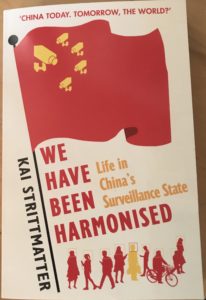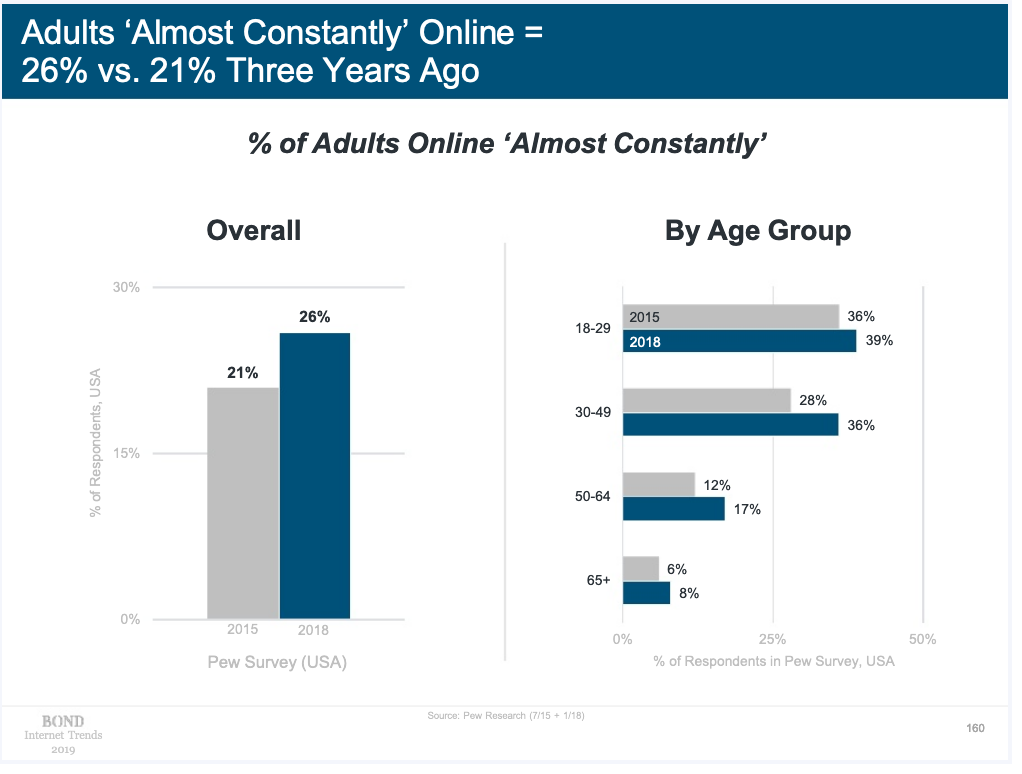
I’m reading an extraordinary book by Kai Strittmatter, a German journalist who has lived in, and studied, China for many years. It’s a sobering account of how the Chinese Communist Party is making the transition from what Rebecca Mackinnon christened “networked authoritarianism” to networked totalitarianism. Digital technology is their tool of choice for enabling this transition, and the book provides some graphic insights into its potential for such a project.
The recent remarkable demonstrations in Hong Kong — which caused the territory’s Chief Executive to make a humiliating climb-down over a proposed extradition law — have led some people to wonder if this might prompt a reversal of Xi Jinping’s remorseless progress to totalitarian power. Tyler Cowen doesn’t think so, and neither do I. Here’s the money quote from his latest Bloomberg Column:
It’s also worth thinking through exactly what changes Chinese democracy is supposed to bring. China’s urbanization has been so rapid — it has had more urban than rural residents for less than a decade — that a national election might well reflect the preferences of rural voters, which after all most Chinese were until very recently. If you belong to the Chinese upper class or even middle class along the eastern coast, you may end up asking yourself the following question: Who is more likely to protect my basic economic interests, the current Chinese Communist Party, or a democratic representative of Chinese rural interests? China is also growing rich during a time of extreme economic inequality, which may make many Chinese elites think twice about democratization.
Sadly, I think he’s right. Besides, I can’t see Xi having any truck with ‘democracy’.





